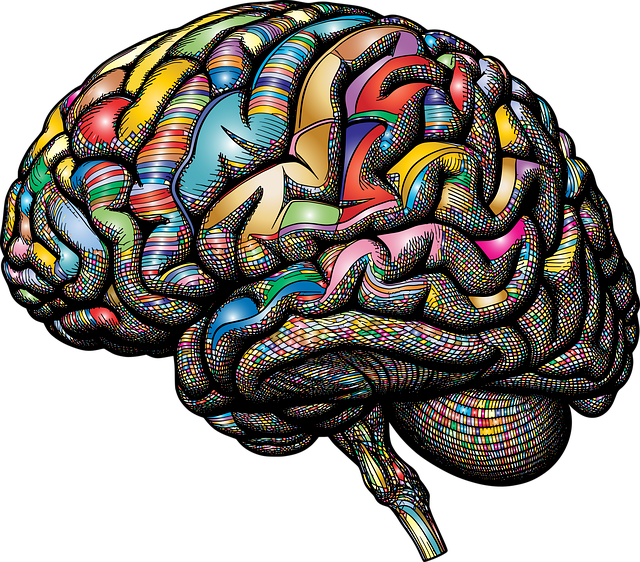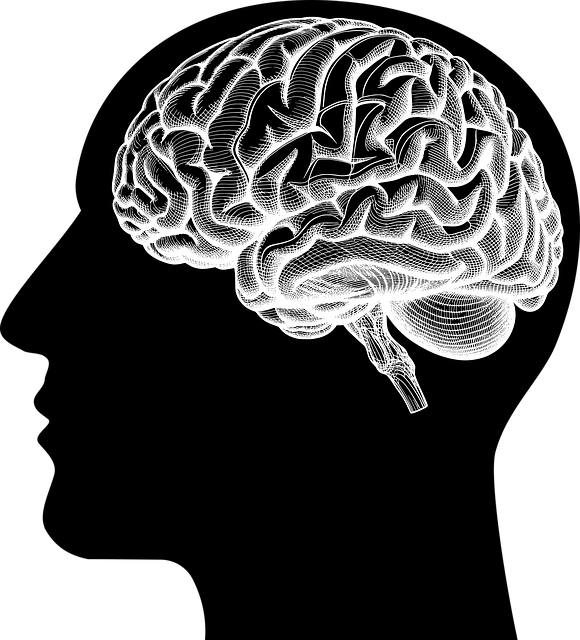Northglenn Hypnosis Therapy emphasizes Emotional Intelligence (EI) as a holistic approach to personal growth. By combining techniques like guided meditation and self-awareness exercises, they help clients recognize, understand, and manage their emotions. This enhances communication, strengthens relationships, and improves decision-making under stress. Through active listening, empathy development, and emotional regulation, Northglenn Hypnosis Therapy equips individuals with the tools to navigate life's challenges effectively, fostering better mental wellness and overall well-being.
Emotional intelligence (EQ) is a powerful tool for personal growth and well-being, as demonstrated by Northglenn Hypnosis Therapy. This article explores key components of EQ development, including self-awareness, empathy, emotional regulation, and active listening. By understanding these elements, you can enhance your relationships and navigate life’s challenges more effectively. Discover practical strategies inspired by Northglenn Hypnosis Therapy to unlock your emotional potential and foster healthier interactions.
- Understanding Emotional Intelligence: The Foundation of Northglenn Hypnosis Therapy
- Unlocking Self-Awareness: A Key Component of EQ Development
- Enhancing Empathy: How to Connect and Understand Others
- Managing Emotions Effectively: Strategies for Emotional Regulation
- Practicing Active Listening: Improving Communication and Relationships
Understanding Emotional Intelligence: The Foundation of Northglenn Hypnosis Therapy

Emotional intelligence (EI) is a cornerstone of Northglenn Hypnosis Therapy’s approach to personal growth and transformation. It involves recognizing, understanding, managing, and effectively leveraging one’s own emotions, as well as those of others, for improved communication, relationships, and decision-making. By fostering emotional intelligence, Northglenn Hypnosis Therapy helps individuals build resilience against life’s challenges and promote their overall emotional well-being.
This therapeutic method goes beyond mere awareness; it involves integrating various emotional healing processes to empower clients in navigating complex emotions. Through tailored techniques, such as guided meditation and deep relaxation, patients can explore and process subconscious beliefs that may be hindering their emotional growth. These methods enable individuals to cultivate a stronger connection with their feelings, fostering a sense of self-awareness and control, which is essential for personal development and enhanced relationships.
Unlocking Self-Awareness: A Key Component of EQ Development

In the journey toward emotional intelligence development, unlocking self-awareness stands as a pivotal step. Northglenn Hypnosis Therapy emphasizes this aspect, understanding that recognizing and comprehending one’s emotions is fundamental to fostering healthy relationships and making thoughtful decisions. By delving into practices like Mental Wellness Journaling Exercise Guidance, individuals can gain profound insights into their triggers, patterns, and emotional responses—a process that strengthens self-perception and promotes personal growth.
This heightened self-awareness facilitates effective Crisis Intervention Guidance, enabling people to navigate challenging situations with composure. Moreover, it plays a crucial role in Stress Management, as individuals learn to identify and mitigate sources of stress, leading to improved overall mental wellness. Through dedicated practices, one can transform their relationship with emotions, making way for better emotional regulation and enhanced EQ.
Enhancing Empathy: How to Connect and Understand Others

Enhancing empathy is a cornerstone of emotional intelligence building, and it plays a pivotal role in our interactions with others. At Northglenn Hypnosis Therapy, we emphasize the importance of understanding and connecting with people on a deeper level. This involves actively listening to not just what they say but also picking up on subtle cues like tone of voice and body language. By cultivating empathy, individuals can better appreciate diverse perspectives, fostering more meaningful relationships.
In our Mental Wellness Podcast Series Production, we delve into various self-awareness exercises that promote mental wellness. These practices help individuals tune into their own emotions while also developing a heightened sensitivity to the feelings of others. Embracing mind over matter principles, we guide listeners through techniques that allow them to step into someone else’s shoes, ultimately enriching their social connections and overall emotional intelligence.
Managing Emotions Effectively: Strategies for Emotional Regulation

Emotional intelligence involves understanding and managing your own emotions effectively, as well as recognizing and responding appropriately to the feelings of others. This is a crucial aspect of Northglenn Hypnosis Therapy, which focuses on holistic mental wellness. One of the key strategies for managing emotions is emotional regulation. This means learning to recognize when you’re experiencing strong emotions and developing healthy coping mechanisms to deal with them. Techniques such as mindfulness meditation, deep breathing exercises, and cognitive reframing can help individuals gain a better understanding of their emotional triggers and responses, enabling them to make more thoughtful decisions in stressful situations.
Northglenn Hypnosis Therapy also incorporates elements of the Mental Wellness Podcast Series Production, which offers practical tips and insights into various aspects of mental health. By fostering confidence boosting strategies and mood management techniques through both therapy sessions and podcast content, individuals can enhance their emotional intelligence. These tools are designed to help people navigate life’s challenges with greater resilience and equanimity, ultimately improving their relationships, career satisfaction, and overall quality of life.
Practicing Active Listening: Improving Communication and Relationships

In today’s fast-paced world, effective communication is a cornerstone of both personal and professional success. Practicing active listening, a key component of emotional intelligence (EI), significantly enhances this process. When engaging in conversations, truly paying attention to the speaker—not just hearing their words but comprehending their emotions and perspectives—fosters deeper connections and strengthens relationships. This skill is particularly valuable in Northglenn Hypnosis Therapy, where creating a safe and supportive environment requires heightened empathy and understanding.
By incorporating active listening into daily interactions, individuals can improve not only their communication but also their overall mental health. It contributes to building self-esteem, as people feel valued and understood, and it plays a crucial role in crisis intervention guidance, enabling more effective support during challenging times. This ability to listen deeply is a powerful tool in various aspects of life, from personal relationships to professional settings, making it an essential part of any comprehensive Mental Health Education Programs Design.
Emotional intelligence is a powerful tool for personal growth, and Northglenn Hypnosis Therapy offers a unique approach to developing this essential skill. By understanding emotional intelligence, unlocking self-awareness, enhancing empathy, managing emotions effectively, and practicing active listening, individuals can improve their relationships, communication, and overall well-being. These strategies, combined with the guidance of hypnotherapy, provide a holistic path toward a more balanced and fulfilling life.














